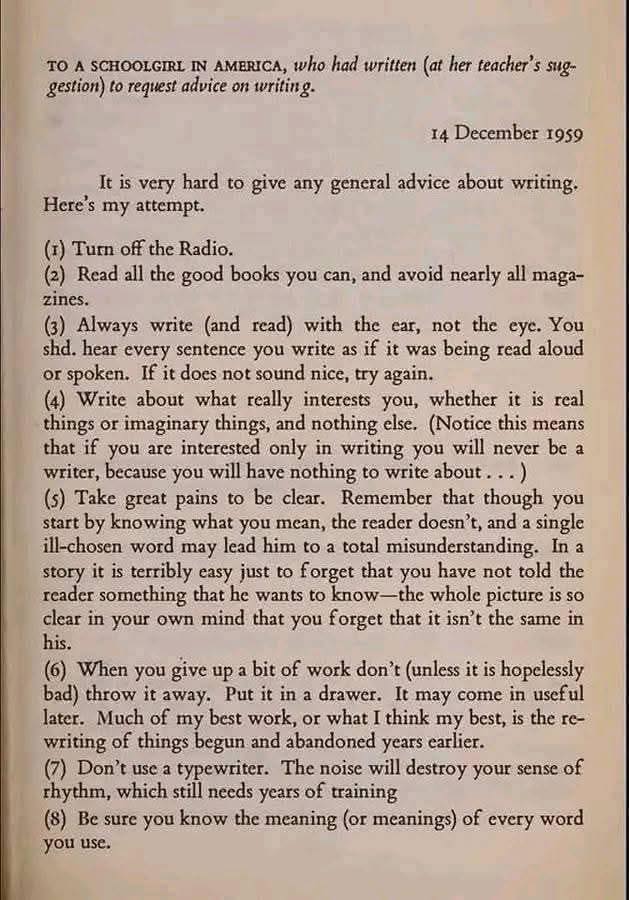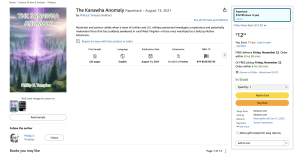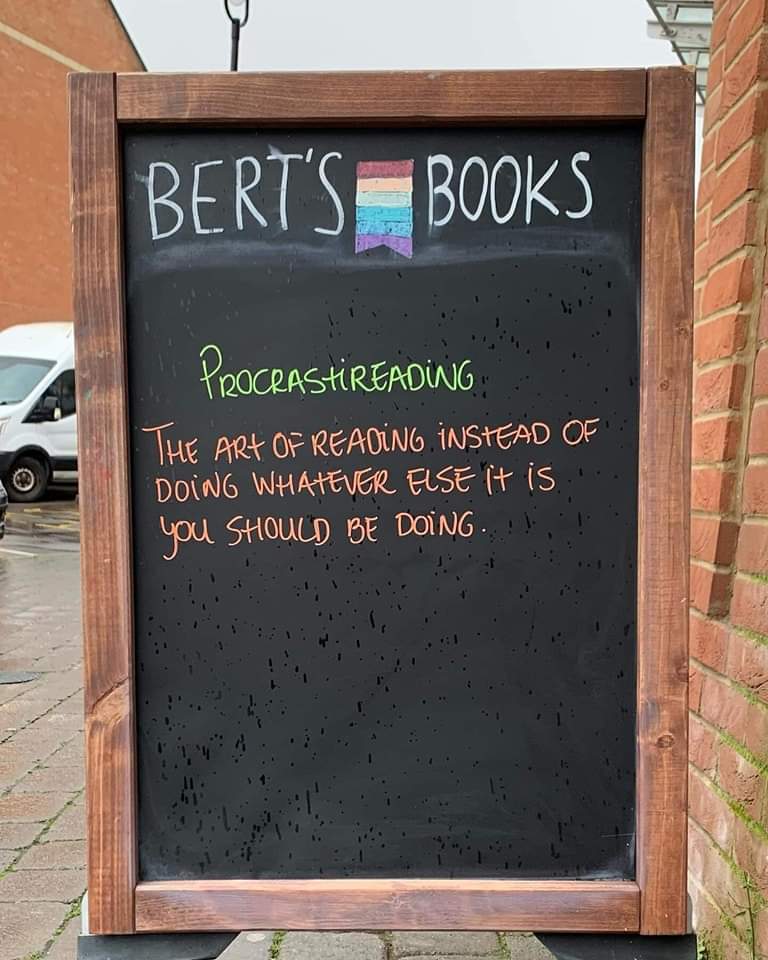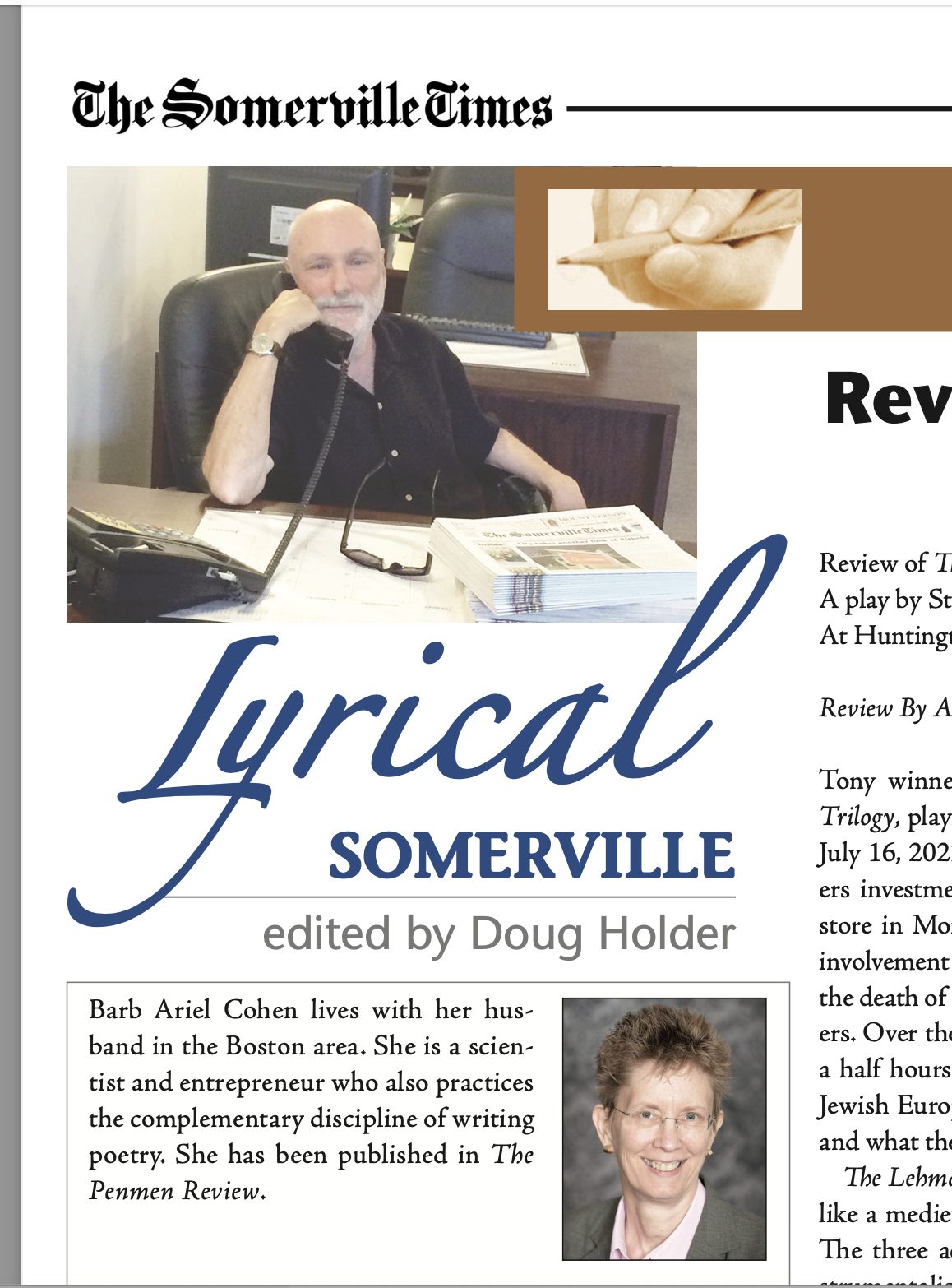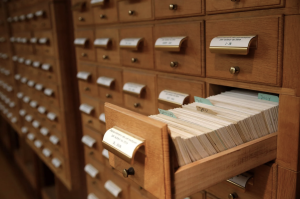 The Head Librarian at Boston College has agreed to purchase and add my entire collection of short story collections and novels in the Thomas P. O’Neill, Jr. Library, located in the center of the main campus. Huzzah! It’s a nice going-away present!
The Head Librarian at Boston College has agreed to purchase and add my entire collection of short story collections and novels in the Thomas P. O’Neill, Jr. Library, located in the center of the main campus. Huzzah! It’s a nice going-away present!
Timeless Advice
The Kanawha Anomaly is Back!
“I Before E”
“Procrastireading”
Bagels With the Bards #16 Now Available
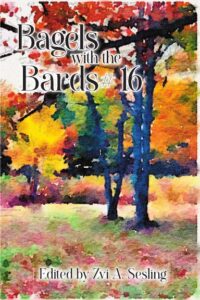 The Bagel Bards, an informal writer’s group based in Somerville and Cambridge of which I’m a member, has produced its sixteenth issue of “Bagels With the Bards” edited by Zvi A. Sesling. It includes my short story, “In Good Company.”
The Bagel Bards, an informal writer’s group based in Somerville and Cambridge of which I’m a member, has produced its sixteenth issue of “Bagels With the Bards” edited by Zvi A. Sesling. It includes my short story, “In Good Company.”
Can you purchase a copy on Lulu for $15.95.
“Break, Break” Delivers Unique Perspective on the End of the World
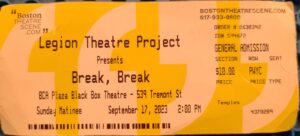 This is unrelated to writing, but it appeals to my artistic and amateur radio interests.
This is unrelated to writing, but it appeals to my artistic and amateur radio interests.
Someone from the Legion Theater Project reached out to my local ham radio club to inform us about the play “Break, Break” which was being performed at the BCA Plaza Black Box Theater in the South End. Amateur radio is a central prop in a queer sci-fi play in which a group find themselves sheltering in the studios of the fictional radio station WCRP in a small Pennsylvania town.
Aliens have invaded and are methodically wiping out all the population centers on Earth. The station manager is an amateur radio operator (they use an authentic call sign, “W3LES”). He sets up his ham equipment into the studio to broadcast reports that they hear from other ham operators about the invasion.
The crew takes in a straggler when they go out in search of food. Several shouting matches break out as to whether there is enough food to last, and whether they should abandon the effort and search for others. Lots of contention and interpersonal conflict break out between the five characters as they question the futility of attempting to sustain communications, not knowing if there’s anyone left who is even listening. They are completely cutoff from the outside world save for the ham radio. As time passes, the number of hams in which they are in contact begin to dwindle.
The ham equipment was authentic; the Drake T-4XB and R-4B are items I used in the eighties.
The play featured an all-LGBTQA cast and was sprinkled with a bit of queer humor but nothing too outrageous. All in all, I enjoyed it immensely.
Afterward, in the lobby I introduced myself to the actor who played the ham operator. “Hi Whiskey Three Lima Echo Mike. This is Kilo Niner Hotel India.” He smiled.
Barb Ariel Cohen in Somerville Times’ “Lyrical Somerville”
Happy Birthday, Robert Heinlein!
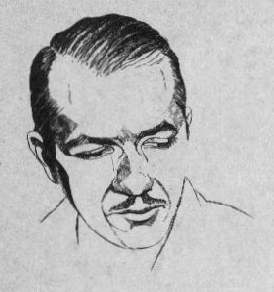
It’s the birthday of science fiction writer Robert Heinlein, born in Butler, Missouri (1907). He wrote over 50 novels and collections of short stories over a span of four decades. He’s best known for his novel Stranger in a Strange Land (1961), a cult classic about a boy who is born during the first manned mission to Mars. He’s raised by Martians, then returns to Earth, starts a church, and preaches free love.
Heinlein began writing in the mid-1930s, while he was recovering from an accident from his days in the Navy. He started out writing novels for young adults, but they were so advanced that they were usually published outside the U.S. as novels for adults. Heinlein once said, “Kids want tough books, chewy books — not pap.”
He called his books “speculative fiction” rather than “science fiction,” in the tradition of Jules Verne and H.G. Wells. He tried to write about events that could actually happen, taking into consideration everything we know about the natural laws of the universe. He wrote about things like atomic bombs, cloning, and gay marriage years before they became realities. Not all of his predictions came true, though. In 1952, he wrote an article called “Life in 2000 A.D.,” in which he predicted that we would have cures for cancer, the common cold, and tooth decay; there would be men who had visited all parts of the solar system; and new technology would make all existing houses obsolete.
Heinlein said: “Being intelligent is not a felony. But most societies evaluate it as at least a misdemeanor.”
—The Writer’s Almanac via Zvi A. Sesling
Wilderness House Literary Review Has a New Fiction Editor!
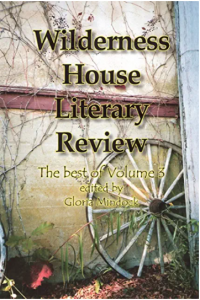 I’ve taken on the role of Fiction Editor for the Wilderness House Literary Review from Ian Halim, who is relocating to Pittsburgh to embark upon the next chapter of his career. God speed, Ian!
I’ve taken on the role of Fiction Editor for the Wilderness House Literary Review from Ian Halim, who is relocating to Pittsburgh to embark upon the next chapter of his career. God speed, Ian!
The next WHLR submission window closes on September 1, 2023. Here are the submissions date and guidelines as listed on the website:
Deadlines are as follows
March 1 – Spring
June 1 – Summer
September 1 – Autumn
December 1 – Winter
Please read this section before submitting work.
Please include some form of identification in the work itself.
All submissions must be in electronic form. Our preference is an MS Word fileuploaded through the system below. Please do not send us pdf files. We can’t use them.
By submitting work to us you grant us a non-exclusive license to publish your work in any form we see fit. You may withdraw a submission up until the issue deadline (see above).
We don’t pay so you retain all copyrights. If we publish your work online we may include it in a printed edition.
Poetry may be submitted in any length. Please don’t submit 100 poems and ask us to pick 3.
Fiction may be submitted in three formats:
- very short stories less than 500 words in length
- short stories less than 1000 words in length
- Short stories that don’t fit the above should be less than 3000 words.
We also accept longer forms of fiction occasionally.
Please, one fiction submission only per author, per issue. If you submit multiple stories for a single issue, we reserve the right not to review additional stories you submit after the first one.
Non-Fiction is just that so lets see some interesting footnotes. Non-fiction should be short, (a lot) less than 5000 words
Book Reviews should be positive unless the author is a well-known blowhard. Our mission is to encourage literature not discourage it..
Art: Minimun of 6 pieces. Please incluce a bio and statement about your work. Any form of art may be submitted with the constraint that it must be something that can be published in 2 dimensions. It’s hard to publish sculpture but illustrations together with some intelligent prose count.
Published works are welcome with proper attribution.
Please submit all works electronically. Click here to submit to Wilderness House Literary Review.

